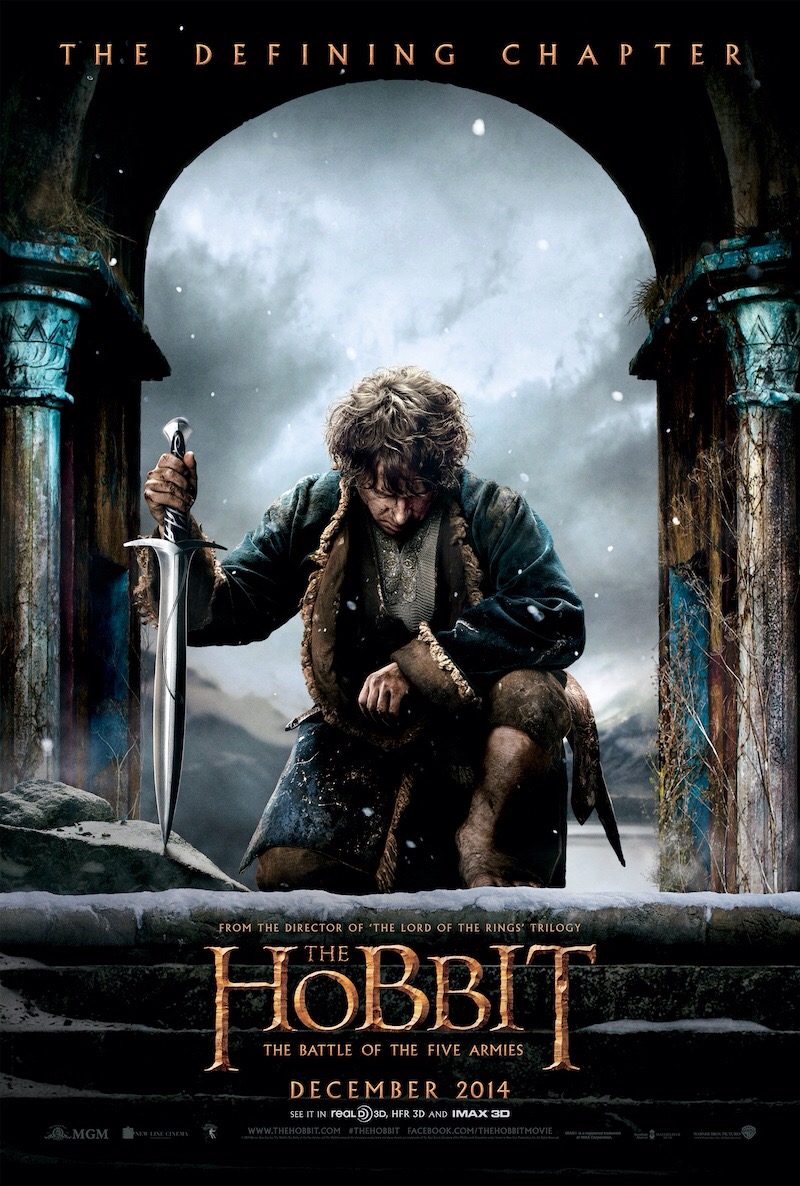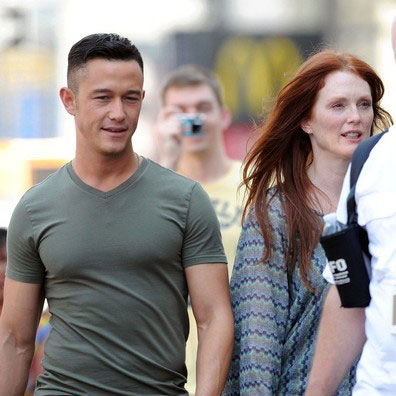The latest issue of Quadrant is full of thoughtful and thought-provoking articles. As ever. This is why I read it.
Christie Davies approaches a topical issue from a secular conservative viewpoint: ‘Why same-sex marriage happened, and where we go next.’ (Subscriber only — sorry.)
Davies supports same-sex marriage for liberal reasons: personal freedom, and utilitarian benevolence. In other words, the state should not be empowered to stop two unmarried citizens from entering into civil marriage, which he defines as a secular contract between two individuals. Moroever, marriage will benefit gays and lesbians, adding to their respectability and reducing harmful behaviours. (His byline reads: “Christie Davies and his wife are very happy, which is why he wants others to enjoy the same felicity.”)
What’s interesting, though, is that while Davies supports gay marriage, he is dubious of gay marriage activists. He rejects the “marriage equality” argument, which derives not from liberalism, but from Marxism.
If you meet someone who says, “I care passionately about equality,” you can be sure that you are in the presence of an irrational and possibly dangerous person, who will sacrifice all aspects of the good society just to get more equality. They hate the freedom of capitalism because it produces unequal rewards. They hate the family because they see it as the transmitter of property and privilege. They are vocal in favour of same-sex marriage not because of any benefits it might bring, but only because it fits their egalitarian agenda.
Davies concludes by calling for a new alliance between conservatives and married gays and lesbians, who might be recruited to the conservative cause. Not unlike Andrew Bolt.
In significant ways, Davies’ case is marginal to the Catholic case. Secular conservatism is not, and never will be, synonymous with the Gospel of Jesus Christ. Nonetheless, Davies’ article has clarified my thinking. In last week’s post on the Australian bishops’ letter, I was perhaps a bit too critical of Don’t Mess With Marriage. The letter is deficient in what it does not say, but it is nonetheless an excellent pastoral letter for what it does say. Credit where it’s due. Credit to our bishops.
The letter engages almost solely with the “equality” case for marriage. No wonder. The case for “marriage equality” has dominated the debate in this country and abroad. But Davies has me wondering. Maybe it’s the freedom argument which has earned broad public support, not the equality argument at all. I must say, from my perspective the argument from equality is patently spurious, and the bishops dispatch it masterfully. But the argument from freedom is another matter. It is coherent and even compelling.
In any event, I would maintain that the hierarchical Church’s primary task, at this juncture, is not to influence public opinion. That ship has long since sailed. Of course Catholic laity, acting in their capacity as citizens, can and should engage in the democratic process and continue to influence public opinion using secular arguments.
But the hierarchy’s duty, right now, is to persuade Catholics themselves. By that I mean we have to explain why Jesus teaches what he teaches. As I’ve said before: apologetics.






Dearest Fr, as Quadrant was established by the CIA you genuinely have to wonder exactly what it offers to public debate in Australia. Arguments based on freedom coming from that source have the same ring of sincerity as paeans to multiculturalism from Andrew Bolt.
Well, it’s probable that Quadrant has received funding from the CIA, especially in its earliest years, but I can’t imagine that James McAuley was an agent of the CIA. So I don’t think it’s correct to say the CIA established Quadrant.
Mind you, even if it did, I’d still read Quadrant. It’s wonderful fodder for the mind, and the heart. Let’s not forget Quadrant‘s important contribution to the arts in this country. Its support of Australian poetry and fiction is prolific and sadly unappreciated — even resented — by the ideological Arts establishment.
But I must hasten to assure you Patricia that I do not read Quadrant because I agree with everything in it. On the contrary, very often I vehemently disagree! Still, it never fails to get me thinking in new ways.
The CIA provided startup funding for Quadrant, and under the editorship of James McAuley and subsequently. This is, or at least used to be, well known in literary and poetry circles. One does not have to be an agent of the CIA in order to receive a salary from them. Quadrant is a relic of the Cold War that has yet to go the way of the Berlin Wall.
On generational grounds I had you down as a Monthly man. My apologies.